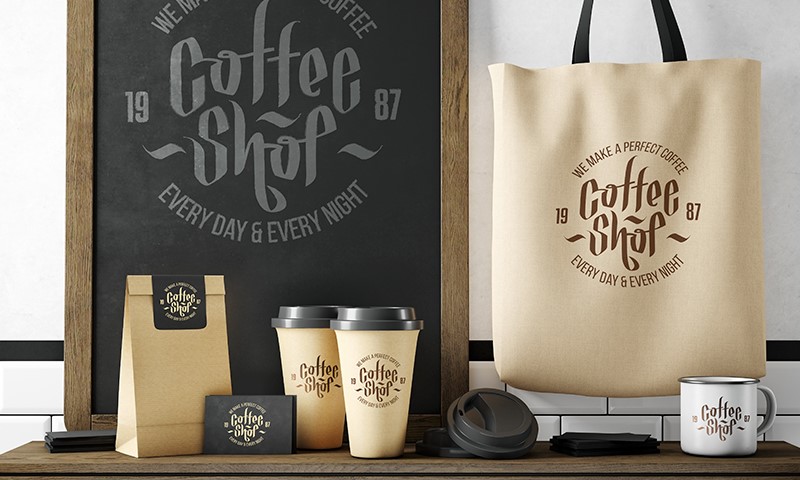In The Mix

The industry lives and breathes the mantra that promotional products are a vital advertising and marketing tool, and with numerous studies to back them up, promotional consultants have solid evidence to build a case for promotional products with traditional ad agencies and marketing firms.
What’s more, clients are looking for new ways to go to market, and they want agencies that can offer different approaches to doing so. Ad Age reports that advertising clients want to market to their end users using multiple methods simultaneously.
"As marketers, we realize that the main objective of a marketing campaign is to communicate an effective message to a targeted consumer group, which in turn generates a desired action by the prospect,” says Glenn Bradley, creative director for Garland, Texas-based distributor Big Hit Creative Group.
“Promotional products add an enormous value to a print campaign when the prospect can walk away with a tangible, usable promotional item that won’t easily be ignored. Something as simple as a coffee mug that gets utilized every morning can go a long way when added to the marketing mix. It’s subtle, and almost seemingly takes little thought to include, but you’d be surprised at the million-dollar clients who drink from these $3 marketing pieces every day.”
Bradley’s firm offers promotional products alongside traditional advertising vehicles, helping clients select items that are relevant to their customer base, the marketing platform and the desired outcome.
“We have a client who promotes his fishing charter business. During the charter, his guests experience an all-inclusive fishing trip that includes drinks and snacks on the boat. Promotional items that make sense would be a branded can cooler to keep the drinks cold, a lunch tote for their snacks, a cooler with ice for the fish and a picture frame for their trophy photo,” he explains.
“These items are recommended because they act as a constant reminder that will trigger a memory and certain emotions from their trip. It will promote the business every time the customer shares a fishing story and shows the photo.”
One response that sticks out for Bradley came from an energy company that incorporated foldable flying discs into a marketing campaign. “I received a call from this client, who was really excited because he acquired three new customers as a result.
“Not only was the promo fun,” he says, “it was relevant to the client’s business. And of course we got a request for more.”
Like many of his industry peers, Bradley believes that any type of marketing campaign benefits tremendously from the inclusion of promotional products. “In fact,” he says, “I believe that every marketing campaign should include promotional products. Picture a USB drive with a coupon code preloaded to prompt people to visit a restaurant, or a display banner with a QR code that drives someone to your website.
“Some of these [ideas] can be a huge benefit for a website as well as new customers for a business,” he says. “I think that if you look at it any other way, you’d be doing yourself—as well as your potential customers—a disservice.”
Getting In On The Ground Floor
Whether you’re a veteran at working with ad agencies to help them incorporate promo items into a campaign or you want to wow prospects with new options, be sure to remind them how promotional products work best:
- Pick products that will be used when and where end users make decisions; e.g., corporate or executive gifts that are useful in an office setting.
- Choose items that can enhance or reinforce a client’s message. Consider a mini-broom and dustpan set for a security company, with a slogan such as “Don’t sweep security under the rug.”
- Personalize products when you can. Logoed items are great reminders, but recipients love seeing their name on a product—personalization turns a promo into a gift.
For individual products and case studies, please see our flipbook.
Jen Alexander is associate editor of PPB.

